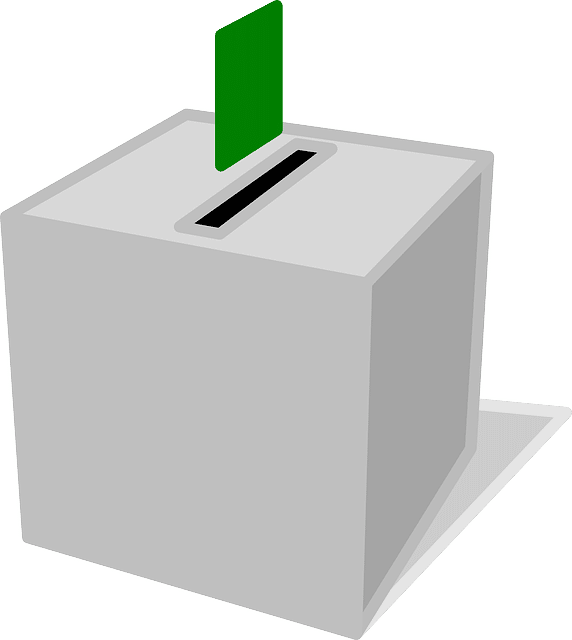
Re-election consists of re-electing an official for the same position.
Re-election is the action and result of re-electing . This verb refers to choosing something again . The use of the term, in any case, is associated with the field of politics .
Re-election, in this sense, consists of voting again for an official to continue occupying the same position. In this way, citizens ratify their trust in the political leader in question and once again give him the responsibility of fulfilling another mandate.
Reelection and the Constitution
Whether or not reelection is enabled depends on the Constitution . It must be taken into account that, for re-election to exist, there must be elections (the mechanism through which inhabitants cast their vote to determine which people will exercise power). In a dictatorship , since the people do not elect the rulers, there is no re-election, but rather the leaders assume de facto power.
The Latin phrase de facto can be translated as "in fact", and in the field of politics and law it refers to things that happen without legal recognition, simply by force. In contrast, there is the de jure locution, which serves to describe "legal" events or actions. It is worth mentioning that, although both groups of words are accepted by the dictionary of the Royal Spanish Academy, they must be written in italics to indicate that they come from another language.
In a democratic country with a republican regime, elections are held every few years to decide who will occupy the position of president. If, upon completing his term, the president is legally authorized to run for office again and thus give citizens the opportunity to vote for him again, then his re-election is possible.

The American Donald Trump tried to get re-election in 2020, but failed.
The case of Argentina
In Argentina , to mention one case, presidents can only run for re-election. Then, they must be at least one period away from the presidency before they can run again.
This is how Carlos Menem was elected president in 1989 and re-elected in 1995 . In 1999 , when he completed his second term, he was unable to run for president, something he did again in 2003 .
Immediate presidential re-election
Immediate presidential reelection is used to describe the action of a president who runs for reelection while he is still in office , seeking to extend his term in the directly following cycle. Depending on the characteristics of each ruler, this brings a series of advantages and disadvantages.
For example, in the case of a president who is trying to carry out a series of reforms beneficial to the people, giving him more time in power is positive, since the changes can be deeper and more lasting .
On the other hand, from the opposition 's point of view, trying to compete against a re-election campaign is not easy, since the position of a president trying to be re-elected is usually advantageous when it comes to propaganda. Of course, a situation like this can help the adversaries to include in their campaigns the errors committed by the president in office, and also the situations that occur on the social, economic and political levels during these dates can reduce the people's confidence in its current president, ruining his efforts to be re-elected.
The balance of powers
Scholars of the subject point out various factors to take into account when evaluating the benefits and harms of re-election, among which the balance of powers stands out.
Given the complexity of a presidential mandate, it is very difficult to determine whether allowing a person to take office for two or more terms puts the security of a country at risk or whether it goes against the ideal of balance in the distribution of power.
